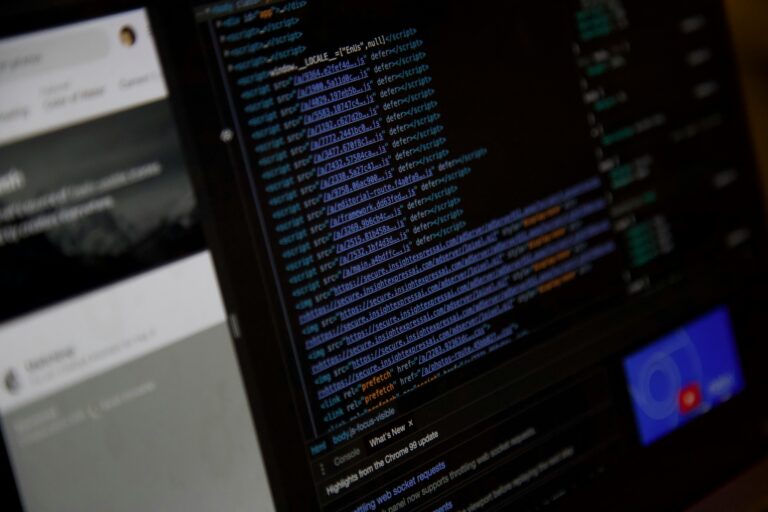Read why education debates need more focus on teaching and learning.
Ulrich wrote this piece for ThinkProgress about the need to focus education debates around improving everyday classroom practice. Full piece below:
The effort to improve the nation’s schools has a gaping blind spot: It
doesn’t focus enough on what happens in classrooms. Far more needs to be done to improve teaching and learning.
Most school reform headlines focus on a pretty narrow area of policy. The latest voucher study will spark fierce debates, while pundits write heated op-eds on the benefits of non-elected school boards. In Denver, discussions of charter schools funding dominate the education debate. In
Los Angeles, the conversation is all about school choice.
These issues are important.
Private school vouchers could decimate the nation’s public school system. But just about all of
these policy debates revolve around a limited set of governance issues and don’t touch on ways to improve
everyday classroom practice.
This administration-heavy approach to reform stands in contrast to the research,
and a growing body of evidence — and, really, common sense — suggests that instructional reform can dramatically
improve learning. A forthcoming study by researcher Chris Schunn shows that curriculum changes, such as spacing out content, can provide a
large boost to student outcomes. Inexpensive online professional development could improve test-scores as much
as lowering class size, according to a paper released last year by Kirabo Jackson and Alexey Makarin.
This administration-heavy approach to reform stands in contrast to the research,
and a growing body of evidence — and, really, common sense — suggests that instructional reform can dramatically
improve learning. A forthcoming study by researcher Chris Schunn shows that curriculum changes, such as spacing out content, can provide a
large boost to student outcomes. Inexpensive online professional development could improve test-scores as much
as lowering class size, according to a paper released last year by Kirabo Jackson and Alexey Makarin. But efforts to improve
instruction don’t gain much political traction. They’re too nuanced, too subtle, and too much about the
intricate craft of teaching. In contrast, governance-related proposals easily become political footballs,
something that motivates voters.
For their part, Republicans have a set of education issues that do well with
their base. If a GOP policymaker comes into office, they’ll talk about free markets and promote vouchers and tax
credits. In contrast, Democrats talk about opportunity and advocate for more school funding, new academic
programs, and free college.
Whatever the merits of these policy proposals — and there are many — they generally
overlook the nature of teaching and learning. They ignore the growing body of science on how people best acquire
new skills and knowledge.
Textbook reform is a great example: In my research with colleagues, I’ve found that curriculum changes can
provides tremendous gains for students. Indeed, switching textbooks can provide the same academics gains as
moving from an average teacher to a great teacher. But policymakers rarely use textbooks as a lever to improve
teaching and learning.
What’s worse, the polarized nature of today’s politics works to corrode the few efforts
that might actually improve classroom practice. Consider the Common Core standards. In the early years of the
initiative, policymakers on the left and right praised the effort to create a common
set of academic expectations. Many believed that the standards would help instruction by defining clear
academics goals for students.
But the standards soon became another political football. Many Republicans
began attacking the Common Core, arguing it was “government overreach,” and public opinion
soon began to dip. This meant that many teachers didn’t get enough training,
and some educators still feel like they lack instructional support for the new academic expectations, according
to a recent study.
The media is to blame, too, and reporters are often more interested in political
debates than covering better ways for teachers to teach. I recently finished a book on the new
research on learning, and sometimes I had a hard time pitching the topic to education reporters. Indeed, one
journalist told me that I should pitch the book to the science desk instead of the education desk.
It’s easier
to pass a law than change the culture of a classroom, and efforts to improve teaching and learning are difficult
endeavors. It’s a matter of shifting day-to-day practice, and that means a lot of time and training.
Instructional reforms also require political capital, as policymakers have to defend curricular shifts.
Some
policymakers have taken up the cause. States like New York have helped develop next-generation instructional tools, while
Louisiana has been evaluating curricula to help educators sort the textbook wheat from the
textbook chaff. A few years ago, the American Federation of Teachers began an online
effort to support better curricula, while, my employer, the Center for American Progress, created a
thoughtful campaign to professionalize the teaching workforce called TeachStrong.
But it’s not enough, and in the end, education policymakers and pundits
have to come to terms with the fact that thoughtful school reform needs to start — and end — with improving
classroom practice.
This piece first appeared in ThinkProgress.
–Ulrich Boser



